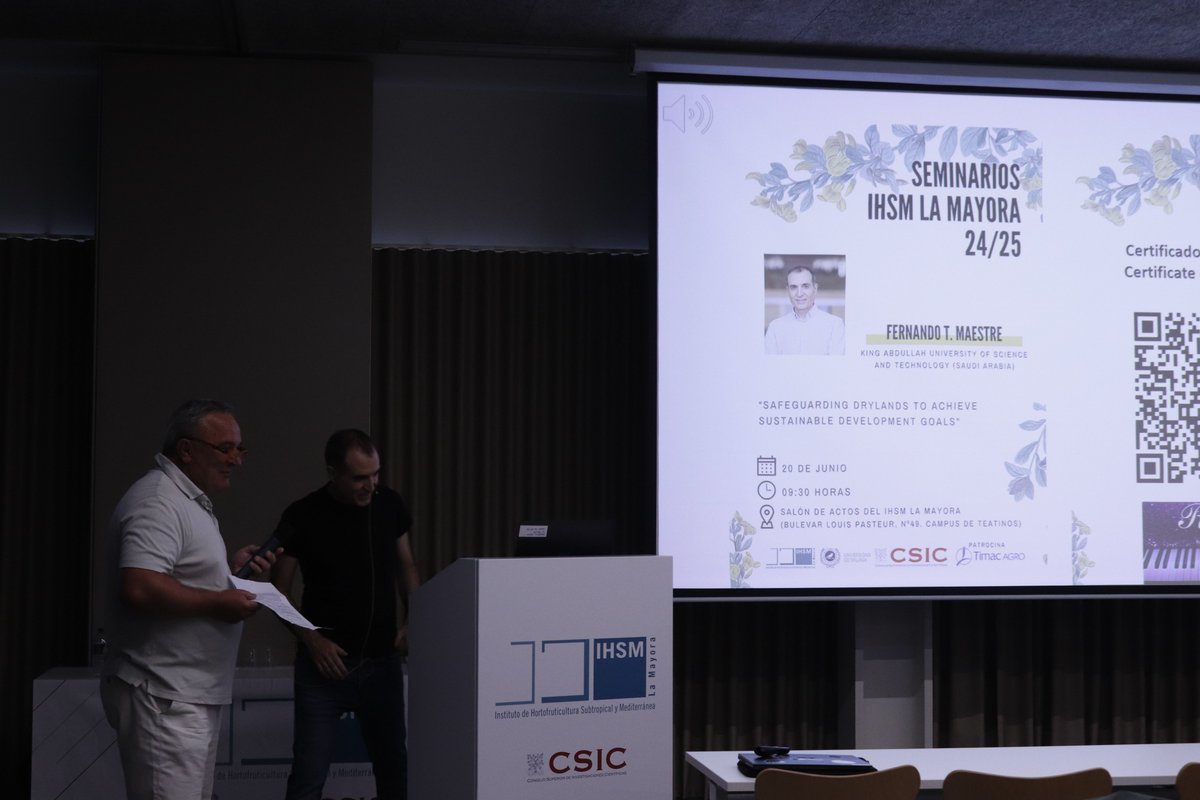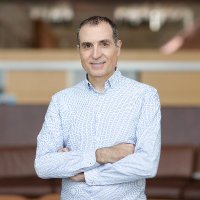
Fernando T. Maestre
@ftmaestre
Professor of Environmental Science and Engineering @KAUST_news Husband, father, dryland ecologist & runner. PI @Maestrelab
ID: 715643923
https://maestrelab.com/en/ 25-07-2012 07:12:35
16,16K Tweet
13,13K Followers
730 Following

Academic #publishing is built on historical inequalities that favour researchers from elite institutions in the Global North, argue Joseph Mellors & Stroma Cole University of Westminster 🙈 #Inequality 👉 ow.ly/37aM50VYoft



What makes an engineering paper great? 👉 Solve real-world problems 👉 Ensure clarity & reproducibility 👉 Innovate with broad applications 👉 Validate with experiments 👉 Deliver practical, feasible solutions Great editorial insights from Communications Engineering nature.com/articles/s4417…

😱📢 Next June 20th we will have the privilege of having Fernando Maestre Fernando T. Maestre (form KAUST) as speaker in the IHSM La Mayora 2025 seminar cycle!! Do not miss the opportunity to attend his talk about "Safeguarding Drylands to Achieve Sustainable Development Goals"


What if plant N & P cycles aren’t as linked as we thought?🤔Our new Journal of Ecology paper shows that global change decouples them, challenging existing asumptions & showing the need 2 incoporate this decoupling into models to predict global change responses doi.org/10.1111/1365-2…


Acabo de teminar este libro y me ha encantado. De lectura muy recomendable tanto para todxs lxs que nos dedicamos a la ciencia y su gestión como para los que aspiran a ser científicxs Puedes solicitar un ejemplar gratuito en la web de Fundación Lilly fundacionlilly.telemaildirecto.com
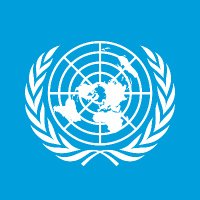
Every second, the equivalent of four football fields of healthy land is lost to degradation. Time is running out. On Tuesday’s #DesertificationAndDroughtDay, learn why protecting healthy land is essential for present and future generations: unccd.int/events/deserti… via UN Land and Drought


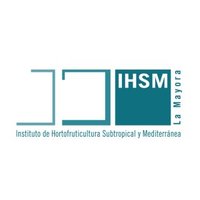
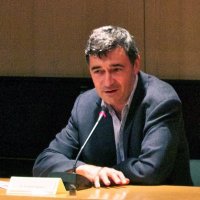
Impresionante conferencia de Fernando Maestre Fernando T. Maestre Maestre Lab en el IHSM La Mayora que nos hace reflexionar sobre la sostenibilidad de nuestros cultivos y nuestro modo de vida. Afortunadamente hay propuestas que vienen de la ciencia.




